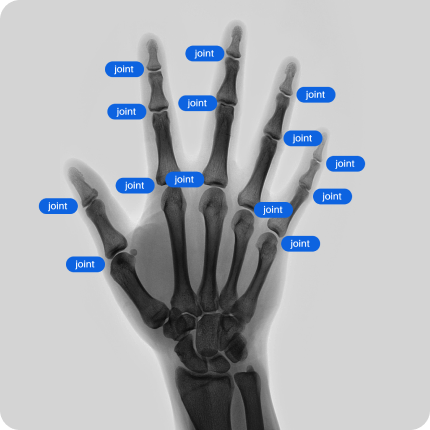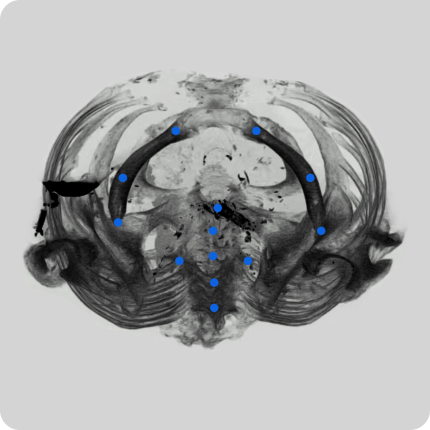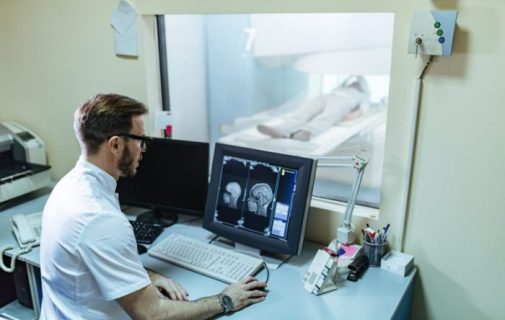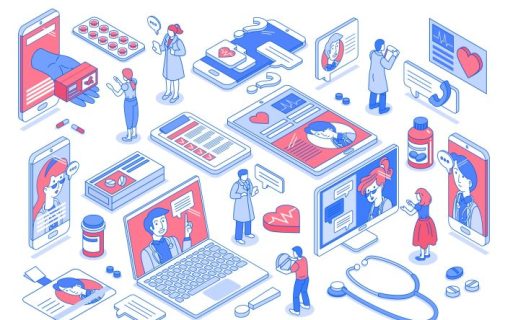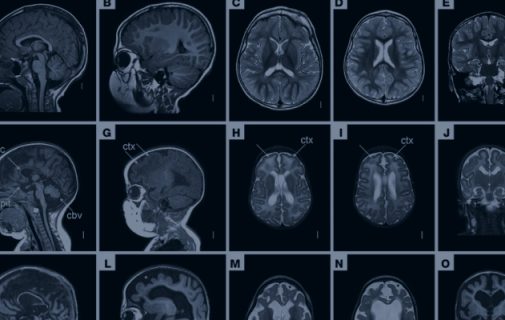
Regulatory Frameworks
1. FDA Regulation: In the United States, the Food and Drug Administration (FDA) plays a central role in regulating medical AI. Developers of AI-based medical devices must navigate the FDA’s premarket review process, which assesses the safety and effectiveness of these technologies. Ensuring compliance with FDA regulations is essential to bring AI-based medical products to market.
2. CE Marking in Europe: In the European Union, medical AI products are subject to the CE marking process. Companies must demonstrate that their AI systems meet essential safety and performance requirements, with a focus on patient safety and data privacy. Compliance with the Medical Devices Regulation (MDR) and In Vitro Diagnostic Regulation (IVDR) is crucial for market access.
3. International Harmonization: As AI technologies transcend borders, international harmonization of regulations is gaining importance. Organizations like the International Medical Device Regulators Forum (IMDRF) are working towards aligning regulatory approaches to promote global access to medical AI solutions.
Liability Issues
1. Product Liability: Determining liability for AI-related medical errors can be complex. Is the manufacturer, healthcare provider, or the AI system itself liable? Legal systems are adapting to address these challenges, and laws may evolve to hold developers and users accountable for AI system failures.
2. Medical Malpractice: Healthcare professionals relying on AI assistance must ensure they exercise due diligence and appropriate clinical judgment. In cases of AI-related medical malpractice, determining whether the human provider or the AI system was responsible for an error can be legally intricate.
3. Cybersecurity Liability: Medical AI systems can be vulnerable to cyberattacks, compromising patient data and safety. Developers and healthcare organizations may be held liable for failing to implement robust security measures.
Privacy and Data Protection
1. Health Data Regulations: AI systems in healthcare often process sensitive patient data. Compliance with data protection laws, such as the Health Insurance Portability and Accountability Act (HIPAA) in the United States and the General Data Protection Regulation (GDPR) in Europe, is essential. Ensuring data security, privacy, and consent is crucial to avoid legal repercussions.
2. Informed Consent: Patients have the right to be informed about how their data is used in AI systems. Developing clear, transparent consent processes is necessary to navigate legal requirements and ethical considerations.
Ethical and Bias Concerns
AI systems in medicine must address issues related to fairness, transparency, and accountability. Ethical considerations extend to the legal domain, and developers and healthcare providers should be prepared to address allegations of bias and discrimination in AI-driven medical decision-making.
Conclusion
The integration of AI in healthcare offers immense promise, but it also introduces a complex array of legal challenges. As medical AI systems become more sophisticated and widespread, it is imperative to stay up-to-date with evolving regulations, liability considerations, privacy standards, and ethical guidelines. Ensuring that AI benefits both patients and healthcare providers while navigating the legal landscape is a paramount concern for the future of medical AI. Legal experts, policymakers, and healthcare professionals must work collaboratively to create a robust framework that fosters innovation, protects patients, and upholds ethical standards in the realm of medical AI.

